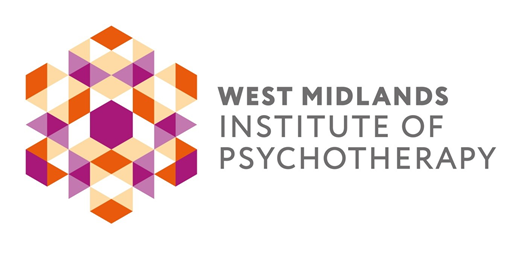What is Jungian Psychology?
Jungian psychology, also known as analytical psychology, is a psychological framework developed by Swiss psychiatrist Carl Gustav Jung. It is founded on the belief that individuals possess an innate drive towards self-realization and wholeness, and it seeks to explore the depths of the human psyche to uncover unconscious processes, symbols, and archetypes that influence behavior and experience.
Key concepts in Jungian psychology include:
-
The Collective Unconscious: Jung proposed the existence of a collective unconscious, a reservoir of shared symbols, archetypes, and ancestral memories that are inherited and common to all human beings. This collective unconscious shapes our thoughts, emotions, and behaviors, often manifesting in dreams, myths, and cultural symbols.
-
Archetypes: Archetypes are universal, innate patterns or symbols that emerge from the collective unconscious and are expressed through myths, dreams, and symbols. Examples of archetypes include the Hero, the Wise Old Man, the Shadow, and the Anima/Animus. These archetypes play a central role in shaping personality, influencing behavior, and guiding personal development.
-
Individuation: Jungian psychology emphasizes the process of individuation, which involves integrating unconscious elements of the psyche into conscious awareness to achieve psychological wholeness and self-realization. Individuation involves becoming aware of and integrating aspects of the personality, including the Shadow (the unconscious aspects of the self), the Anima/Animus (the feminine and masculine aspects of the psyche), and the Self (the center of the psyche and the source of unity and integration).
-
Dreams and Active Imagination: Jung considered dreams to be a direct expression of the unconscious mind and a valuable source of insight into the individual’s psyche. Through the analysis of dreams and techniques such as active imagination, individuals can access and engage with the symbolic language of the unconscious to gain self-understanding, resolve inner conflicts, and facilitate personal growth.
-
Psychological Types: Jung proposed the idea of psychological types, suggesting that individuals have innate preferences for certain ways of perceiving and interacting with the world. He identified four primary functions (thinking, feeling, sensation, and intuition) and eight psychological types based on the combination of these functions (e.g., introverted thinking, extraverted feeling).
Overall, Jungian psychology offers a holistic approach to understanding the complexities of the human psyche, emphasizing the integration of conscious and unconscious elements to facilitate personal growth, self-awareness, and psychological well-being.

